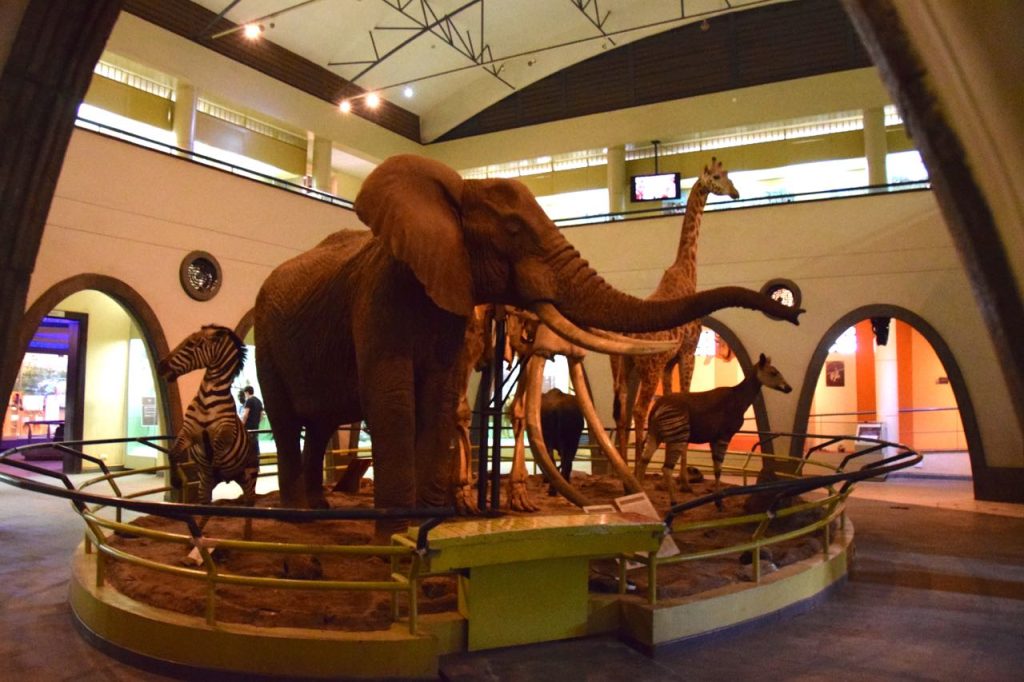The National Museum of Kenya (NMK) has joined forces with Pwani University to conduct research and document the history of the slave trade, to preserve historical knowledge and foster academic learning within the country.
At the release of the slavery documentary at Mnarani Ruins in Kilifi, NMK Coast Regional Assistant Director Athman Hussein revealed that indications suggest the barbaric trade took place in Kenya, yet there is insufficient archived information and materials.
Supported by partners from Poland, the research aims to gather evidence of the trade and document the information through books, documentaries, and artifacts to revive its history for future generations, fostering learning for students and researchers.
“Mostly, the written history and what we learned in school, the story of slavery in the Kenyan part of East Africa is missing,” Hussein said.
“It shows slavery in parts of Zanzibar, Tanzania, Mozambique, Malawi, and Tanganyika but information about Kenya is hidden.
“The reason is that there was no documentation and writings about slavery,” he added.
He disclosed that the documentation of the trademarks was the beginning of the journey to unearth information that has long been absent from the public domain, noting efforts to engage affected families in Kilifi for more insights.
The history of the slave trade, according to Hussein, is crucial for the current and upcoming generations, providing self-awareness to combat illegal activities like human trafficking.
He expressed the desire for the documentary and its contents to be integrated into school curricula and written materials for future awareness.
“We want a documentary like this to be shown in schools, its contents to be written in books so that in the future our children can know where we came from, and where we are and how such incidents will not happen again even in a different form”, he said.
Pwani University Deputy Vice-Chancellor (DVC) for Research and Extension Paul Mwasimba emphasised the need for deeper research on the slave trade, emphasising the unanswered questions surrounding where and how the business was conducted.
“It is true that there is information missing in the history. It does not connect where these people came from. For example, how far these slaves come from?
“Were there slaves who came from Masaai land or Mount Kenya? How did they choose the slaves? Such questions need answers”, he questioned.
He urged further exploration, both within and outside the country, to seek answers.
Addressing the challenges faced during the research, Archaeology Lecturer at Pwani University Ibrahim Busolo highlighted the scarcity of slave trade materials in Kenya, posing a risk of copyright claims.
He called for serious research and documentation efforts by the Kenyan government to bridge the gap in the nation’s history.

